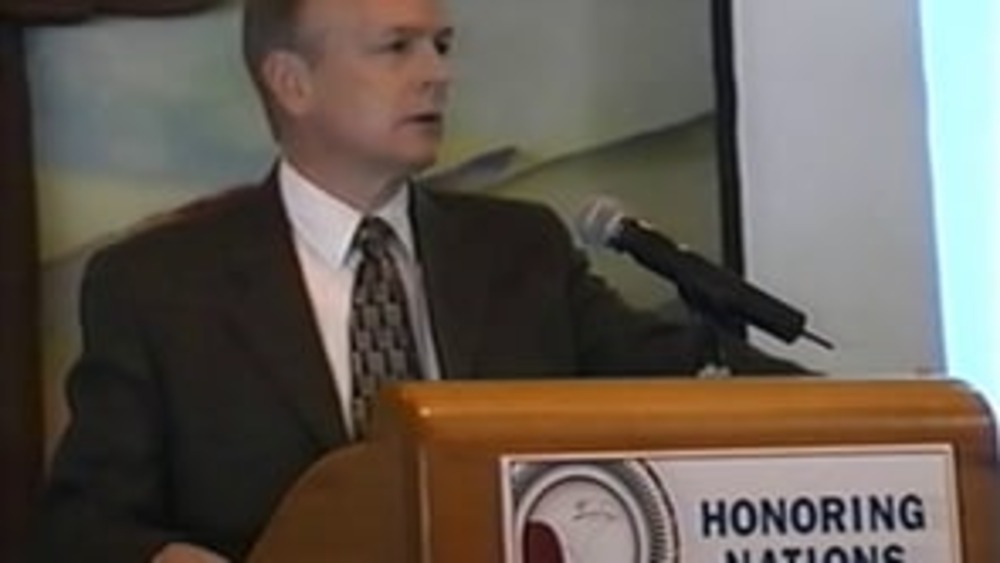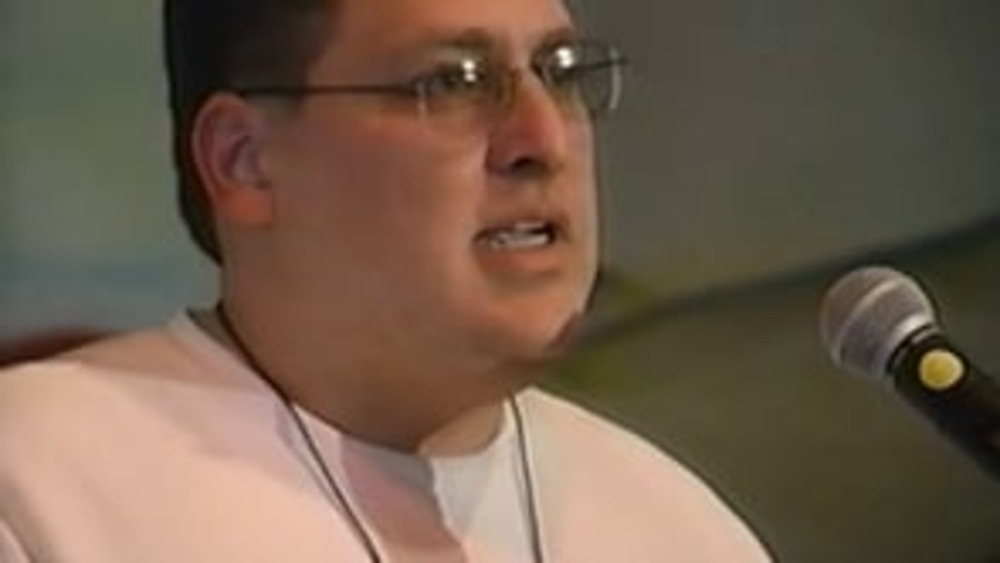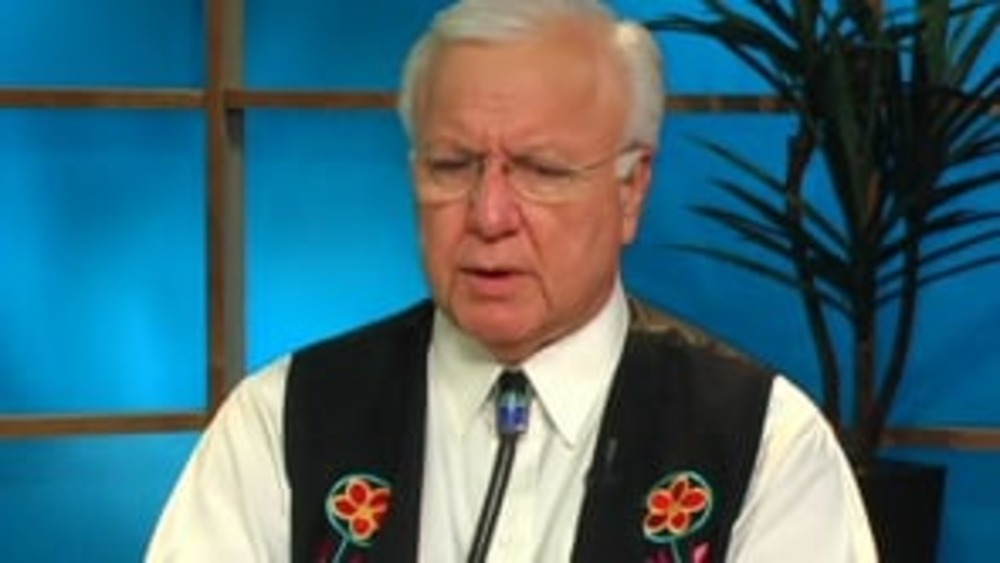Indigenous Governance Database
governmental stability
Thumbnail

Honoring Nations: Stephen Cornell: Achieving Good Governance: Lessons from the Harvard Project & Honoring Nations
Co-director of the Harvard Project on American Indian Economic Development Stephen Cornell offers a review of how the Honoring Nations program evolved out of the nation-building movement and successes among Native nations.
Thumbnail

Honoring Nation: Lance Morgan: Ho-Chunk, Inc. Economic Development Corporation
Ho-Chunk, Inc. CEO Lance Morgan share the lessons he and the Winnebago Tribe of Nebraska have learned about the keys to creating an economic development environment capable of fostering successful nation-owned enterprises. He stresses the need for some Native nations to engage in constitutional…
Thumbnail

From the Rebuilding Native Nations Course Series: "Why are Some Native Nations More Successful than Others?"
Native leaders offer their perspectives on why some Native nations have proven more successful than others in achieving their economic and community development goals.
